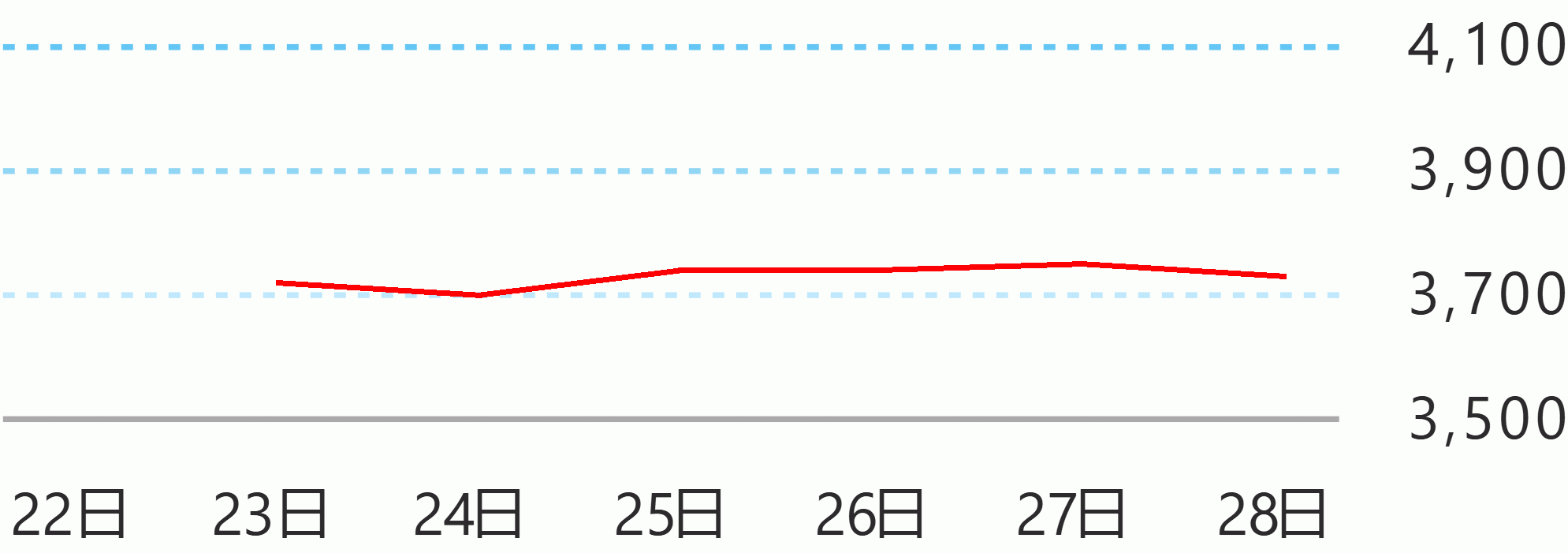National Task Force Against COVID-19 medical expert Ted Herbosa on Sunday said the decrease in the number of COVID-19 cases in the country will not immediately be seen in one week.
In a radio interview, Herbosa said most of the reported COVID-19 cases were infections even before the implementation of enhanced community quarantine (ECQ) in Metro Manila and the provinces of Bulacan, Cavite, Laguna, and Rizal.
“Actually, the decrease in the number of cases cannot be seen in one week. Usually the reported positive (patients) were infected before ECQ… The symptoms usually show after four or five days (of infection),” he said.
“So the increasing number we saw in the past few days, they were infections last week before the strict ECQ,” he added.
Herbosa said the people should understand that the numbers released by the Department of Health (DOH) every day are not real-time and the effect of the ECQ might be seen two weeks later "because that is the only time you can stop the spread of infection and movement of people."
“Don’t expect that after one week there will be changes… There is a misconception that if there is a lockdown or ECQ, we can control that pandemic. We are (implementing) lockdown to protect the health system or hospital capacity,” he said.
Herbosa said if the hospitals cannot still handle a lot of cases, the ECQ should not be lifted.
“Why was it decided to have a lockdown? Because the capacity of the hospitals are nearing full. There are stories that some patients died in tents while waiting outside (the hospitals). Meaning, there are a lot of cases than the available resources so that is the reason for (lockdown), to slow down the cases,” he said.
He hoped that the new cases will continue to go down so that less people will need to be admitted in the hospitals.
On Saturday, DOH recorded a total of 12,576 new COVID-19 cases, lower than the new record high of 15,310 reported on April 2. Ella Dionisio/DMS




 English
English









